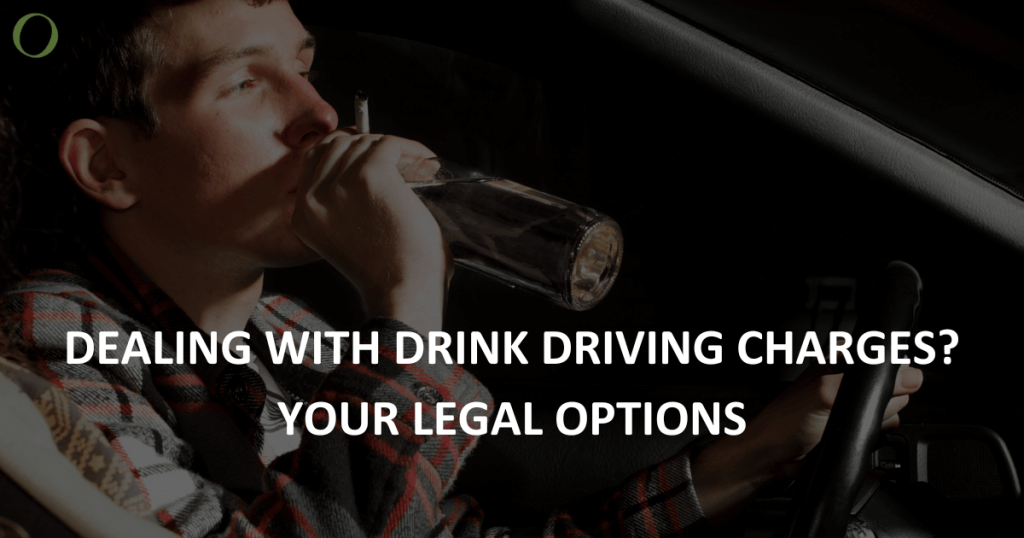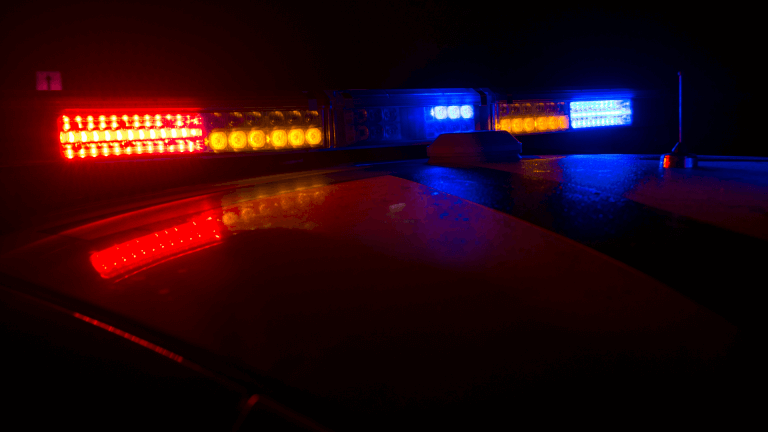If you Police find you drink driving with a blood alcohol reading over the prescribed concentration of alcohol (PCA) limits, they’ll generally issue you with a penalty notice, or a Court Attendance Notice. These have a date to attend the Local Court. Police may also immediately suspend your licence until your court date.
When police charge you with drink driving, there are two options available in Court:
Pleading ‘not guilty’
If you plead not guilty, the court will set down a date for Hearing. At the Hearing, the Magistrate will consider evidence from you and the prosecution to determine the case. The Court will then deliver a verdict of ‘guilty’ or ‘not guilty’.
If you are found ‘not guilty’, your charge is dismissed and your matter is concluded. You will not have a licence disqualification, criminal record, or fine. If your licence was suspended at the time you were charged, you can resume driving.
If you are found ‘guilty’, your matter will proceed to a sentence where the Magistrate decides a penalty. This may be on the same day, or on another date set by the Court.
Pleading Guilty
If you plead guilty (or are found guilty), your case will proceed to a sentence. The court may impose one or more penalties. The penalty you receive will depend on several factors, including:
- the offence,
- your traffic history,
- your criminal history,
- and any mandatory minimum penalties.
You may receive one or more of the following:
Driver Licence Disqualification
If you are convicted or plead guilty to drink driving, the Court’s starting point is generally to impose the automatic period of disqualification. The Court may reduce your disqualification period below the automatic period of disqualification. However they cannot reduce it below the minimum disqualification period without ordering a s 10 (see more on this below).
The minimum disqualification period depends on several factors. These include your blood alcohol level at the time of the offence, and whether it is your first or second or subsequent offence.
At the lowest end of the scale, the minimum disqualification period is 3 months for your first offence for a low range, novice range or special range PCA office. At the higher end, the minimum disqualification period for a high range PCA offence is 12 months, with an unlimited maximum disqualification period.
Drink Driving Fines
The Court may impose a fine in addition to disqualifying your licence. Like disqualification periods, the fine will depend on several factors. These include your blood alcohol level at the time of the offence, and whether it is your first or second or subsequent offence.
For a complete guide on minimum and maximum disqualification periods, fines, and prison terms, see our summary on drink driving penalties.
Criminal record
If there is a guilty verdict or if you plead guilty, your drink driving offence will appear on your criminal record. However, you may be able to ask the court for a ‘Section 10’. Under section 10 of the Crimes (Sentencing Procedure) Act 1999 (NSW), a court can find you guilty, but discharge your matter without recording a conviction. If you receive a s 10, the mandatory licence disqualification periods do not apply.
You are not eligible for a s 10 for PCA offences if you have received a s 10 for another serious offence in the last 5 years.

What do you need for a drink driving charge in court?
We strongly recommend seeking legal advice before your Court date. A drink driving lawyer will be able to tell you the strength of your case, and any likely penalties. In some cases, pleading not guilty may result in a higher penalty than the automatic disqualification period and/or fine if you are ultimately found guilty in Court.
If you choose to self-represent, it is important to prepare yourself. If you face a sentencing in your hearing, it is useful to have references from people of good character, attesting to your own good character. You can seek legal advice about what should be in these character references.
If you need advice in relation to a drink driving charge, you can book a free initial consultation on our website, or contact us on (02) 9261 4281.

Nicole Byrne
Content Creator | Media Coordinator
O'Brien Criminal & Civil Solicitors
www.obriensolicitors.com.au





